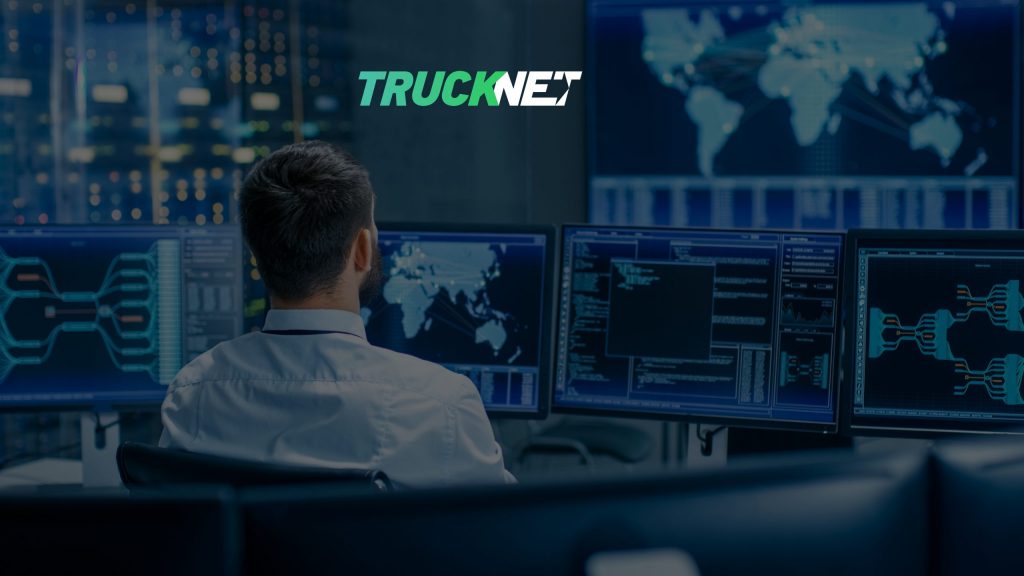Technology revolution in the logistics industry
A technological revolution is a series of events that could change the face of society following a leap in man’s innovative abilities
Nowadays, the world seems to be moving at unattainable speeds: the benefits of technology have made it possible to automate and simplify communication, in turn bringing about a revolution in business and logistics processes.
The interaction between companies and customers has been radically transformed. Regarding the logistics sector, the challenge for these companies is to rethink the entire supply chain process. Technology plays a key role here for meeting the needs of customers and offering high-quality service.
Optimization
Digitization across the supply chain assists companies in significantly reducing operating costs and improving administrative processes. In the context of digital transformation, new business models can be considered and reviewed.
Technological systems have revolutionized the logistics industry, an invaluable contribution in terms of process optimization. Measures such as geolocation (real-time vehicle locating system), planning, paperless trade, and the provision of high-value datasets all ensure improved decision-making options for management.
Big Data
Big Data analytics in the logistics industry can be used to optimize routing, for example, with major operational improvements possible regarding last-mile deliveries. This specific challenge in last-mile logistics can be tricky. It is often the most expensive component for shipping companies that have to navigate in urban areas, with traffic congestion and limited space, in order to reach a destination on time.
Shippers expect transparency and supply chain visibility is critical. If a shipment is late, carriers want to know about it as soon as possible to prevent serious complications in the supply chain. On the other hand, efficient deliveries carried out on time will be a merit for the carrier while the shipper will feel confident and customer satisfaction will increase.
As mentioned, route optimization depends on quick data analysis, while keeping in mind that weather conditions could change, highway and roads could close, and the number of vehicles on the roads could increase, thereby changing the scheduled time frame. The UPS (United Parcel Service) shipping company revealed that its delivery vans do not always take the shortest route between stops. They have a policy by which drivers should try to never turn left through oncoming traffic. This interesting strategy has saved the company tremendous fuel costs and has led to a reduction of thousands of tons of CO2 emissions.

Artificial Intelligence (AI), Business Intelligence (BI)
The combination of the fields will give us, among other things, the business intelligence (BI) that uses techniques such as data mining in order to improve business processes. Machine Learning – the computer’s ability to learn and draw conclusions based on a database and we enjoy automatic service (A-Z) at the click of a button.
Big data has changed warehouse operations considerably. By applying computer vision taking inventory has become automatic and of course much more productive. For example, Fizyr’s vision software for automated picking and placing in logistics environments and the Ocado online supermarkets, where robots bring crates up from the grid for packing, both provide innovative AI solutions for the automation of human tasks in logistics.
In the case of the autonomous vehicle, it still will take some time before we find such a mode of transportation on roads, without human supervision. However, autonomous vehicles are already used to transport goods within warehouse areas, airports and harbors.
The fast-changing world of technology brings us a new way of life. It has changed our way of thinking. We live our lives digitally in communicating with other people, -no matter if it is with our family, our friends, or at work.
Should we sometimes remind ourselves that messaging started with pigeon post over 2000 years ago?




